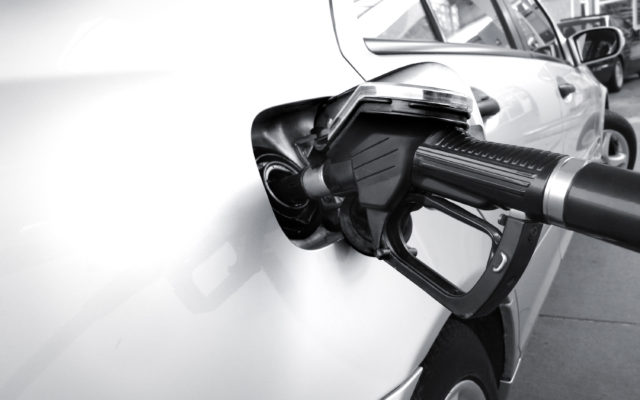Iowa House Passes E-15 Access Standard by 82-10 Vote

(Radio Iowa) A bill designed to increase the availability AND sales of gasoline with a 15 percent ethanol blend has cleared the Iowa House. Governor Kim Reynolds proposed an IOWA Renewable Fuels Standard a year ago, but it stalled. House Speaker Pat Grassley spoke with reporters right after the revamped bill passed on an 82-to-10 vote.
“It’s very important for us here in Iowa to show the support for the renewable fuels industry and I think the House has done that today with a very strong, bipartisan vote,” Grassley says. “…We would love to see this get to the governor’s desk to send a very strong message to the federal government.” Uncertainty about the federal Renewable Fuels Standard spurred development of this state plan. Republican Representative Lee Hein of Monticello says much of Iowa’s corn crop is destined for ethanol.
“Moving biofuels forward and standing up to let the rest of the country that this is a good product and a good thing is huge for the Iowa ag economy,” Hein says. If the bill becomes law, stations installing new underground storage tanks after January 1st of next year would be required to sell E-15. The requirement to sell E-15 would go into effect for ALL stations in 2026. The bill does include mandatory waivers for small gas station owners who show they cannot afford the equipment upgrades required for higher ethanol blends. Representative Mary Wolfe, a Democrat from Clinton, says the waivers are key.
“It does both expand the ethanol market here in Iowa,” Wolfe says, “but it also does protect small town, smaller fuel retailers.” This was the first bill to be debated in the full House this year and House Democratic Leader Jennifer Konfrst emphasizes it passed by a wide, bipartisan margin.
“This is an issue that’s too important to us to let politics get in the way,” Konfrst says. The bill also calls for tank upgrades to spur sales of B-20 — biodiesel with a higher percentage of a soybean-based additive. Marinas with just one fuel tank are exempt from the proposed requirements. The bill now goes to the Senate.



